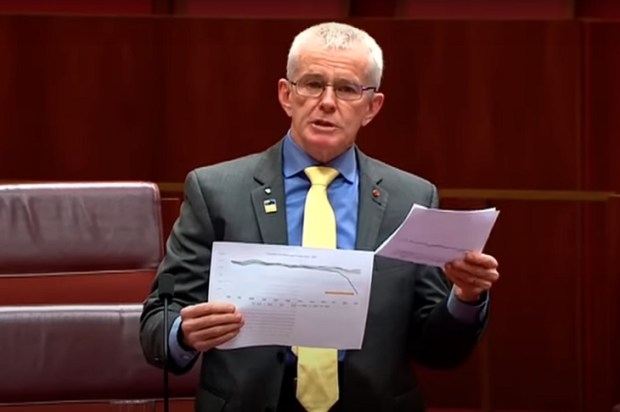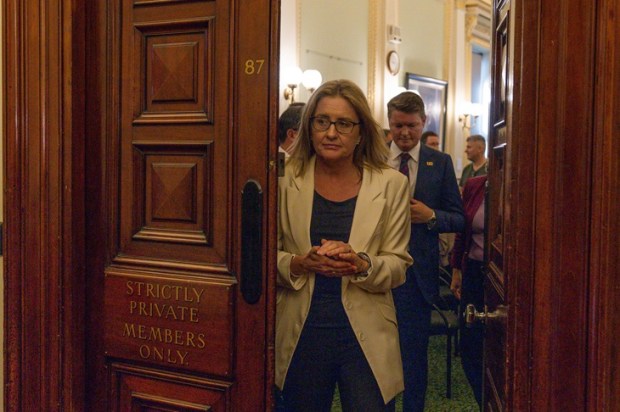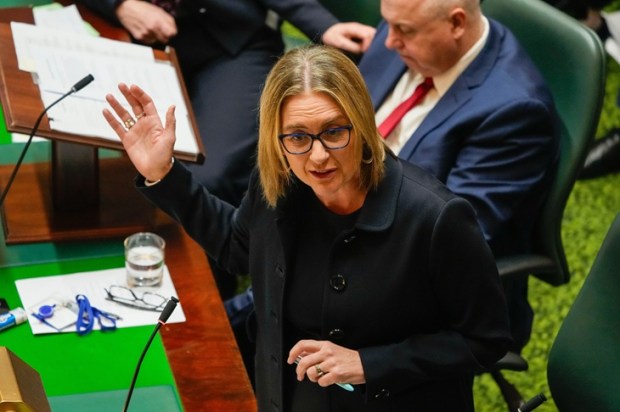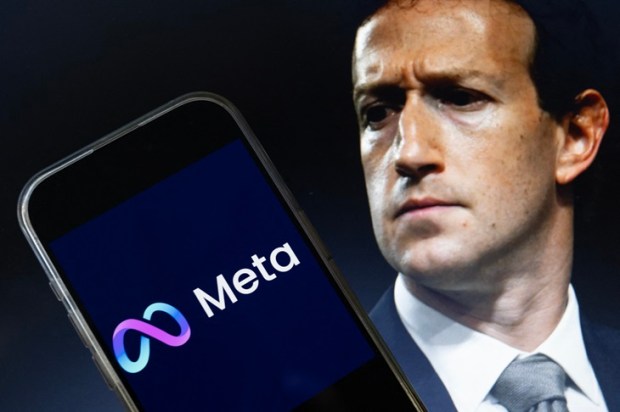The federal government’s redrafted misinformation legislation is nothing more than a tool for elites, such as academics, journalists, and politicians, to shut down opinions with which they disagree.
The Communications Minister Michelle Rowland recently announced the government will persist with its censorship agenda despite sustained backlash against the government’s original bill.
Ms Rowland declared the new bill sets a ‘high threshold for the type of mis- and disinformation that digital platforms must combat on their services – that is, it must be reasonably verifiable as false, misleading or deceptive and reasonably likely to cause or contribute to serious harm’.
So, who exactly decides what is ‘verifiable as false’? The ‘fact-checkers’…
The bill’s explanatory memorandum includes fact-checkers’ assessments as a factor that could be considered when determining if content is ‘reasonably verifiable as false, misleading or deceptive’. Among the factors is, ‘whether the information has been fact-checked by a third-party organisation’.
Social media companies, such as Meta, already partner with fact-checking organisations accredited by the International Fact Checking Network (IFCN) to censor content on their platforms. Meta labels it as content that has been reviewed by fact-checkers and reduces the distribution of the content on its platforms, including Facebook, Instagram, and Threads.
In order to determine whether Australian fact-checking organisations displayed partisan bias, the Institute of Public Affairs analysed the fact-checking investigations of AAP FactCheck, RMIT Fact Check, and RMIT FactLab.
The IPA analysed 187 fact-checking articles relating to the Voice to Parliament between 22 May 2022 and 14 October 2023. It found an overwhelming 170 articles, or 91 per cent of fact-checks, assessed claims made by opponents of the Voice. In this same period, Australian fact-checkers assessed just 17 claims made by proponents of the Voice. This is despite the reality that over 60 per cent of Australians rejected the Voice to Parliament on 14 October 2023.
To be accredited by the IFCN, fact-checkers must uphold a ‘commitment to non-partisanship and fairness’ and ‘do not concentrate their fact-checking on any one side’. As the IPA’s research uncovered, Australians can have no confidence that this is the case with domestic fact-checkers.
It is unsurprising that the only state or territory with a majority ‘Yes’ vote at the referendum, the Australian Capital Territory, is the birthplace of the misinformation bill. Indeed, for much of the year, Canberra hosts our country’s federal politicians, and it is home to a vast number of public servants. This is precisely the niche demographic that supports the misinformation laws designed to censor mainstream Australians. It is not unreasonable to see the misinformation laws as a reprisal for getting the Voice vote wrong in their eyes.
Six months before the referendum, No campaign leader Senator Jacinta Nampijinpa Price argued that fact-checkers were complicit in perpetuating the false claim that the Voice was a modest proposal. In April 2023, she highlighted the disproportionate targeting of the ‘No’ campaign, noting, ‘[The fact-checkers] go all out on (wrongly) fact checking basic rhetorical claims we’ve made and then never examine any of these statements from Voice supporters.’
The scandal that Meta had empowered biased fact-checking organisations to moderate its platforms was compounded by the Sky News Australia expose, The Fact Check Files, which broke the story that RMIT FactLab had been operating with lapsed IFCN accreditation. This ultimately resulted in Meta suspending RMIT FactLab as a fact-checking partner.
The IPA’s analysis went further to investigate fact-checking adjudications to determine whether they had exhibited political bias or preferential treatment in three policy areas: climate change policy, Covid policy, and issues relating to identity and sexuality.
Astonishingly, IPA research found that 94 per cent of fact-checking investigations relating to the Covid-19 pandemic, or 502 of 534 investigations, targeted critics of the official response to the pandemic, including claims that questioned the effectiveness of masks, vaccines, and lockdowns.
Significantly, the misinformation bill’s explanatory memorandum has listed ‘expert opinions or advice, for example public health experts’ as a factor in determining whether content is ‘verifiably false’. That the people empowered to discern ‘verifiably false’ misinformation were more interested in bolstering support for the government response to the pandemic than holding governments to account, should raise alarm bells in any free society.
The Department of Infrastructure, Transport, Regional Development, Communications and the Arts further described the prevalence of inaccurate information as ‘a market failure’, arguing that ‘disseminators of misinformation are not strongly incentivised to ‘fact-check’ information before they distribute it’.
The only logical conclusion is that a government intent on legislating against ‘misinformation’ and ‘disinformation’ wants to limit the ability of mainstream Australians to express their opinions. It will do so by labelling such opinions as able to cause ‘serious harm’ to the nation.
But people are allowed to be wrong.
Let a rich and solid public debate be the vehicle that sorts fact from fiction – not biased, partisan fact-checking journalists and the big tech companies that pay them. As the great political philosopher John Milton argued in 1644 in his spirited argument against press licensing, ‘Let [Truth] and Falsehood grapple, whoever knew Truth put to the worse in a free and open encounter?’
While the federal government has attempted to frame its laws as protecting free speech, the laws are nothing more than a tool to enforce ideological conformity online. It is high time that the federal government realised it governs for all Australians, regardless of their opinion.
Margaret Chambers is a Research Fellow at the Institute of Public Affairs

























